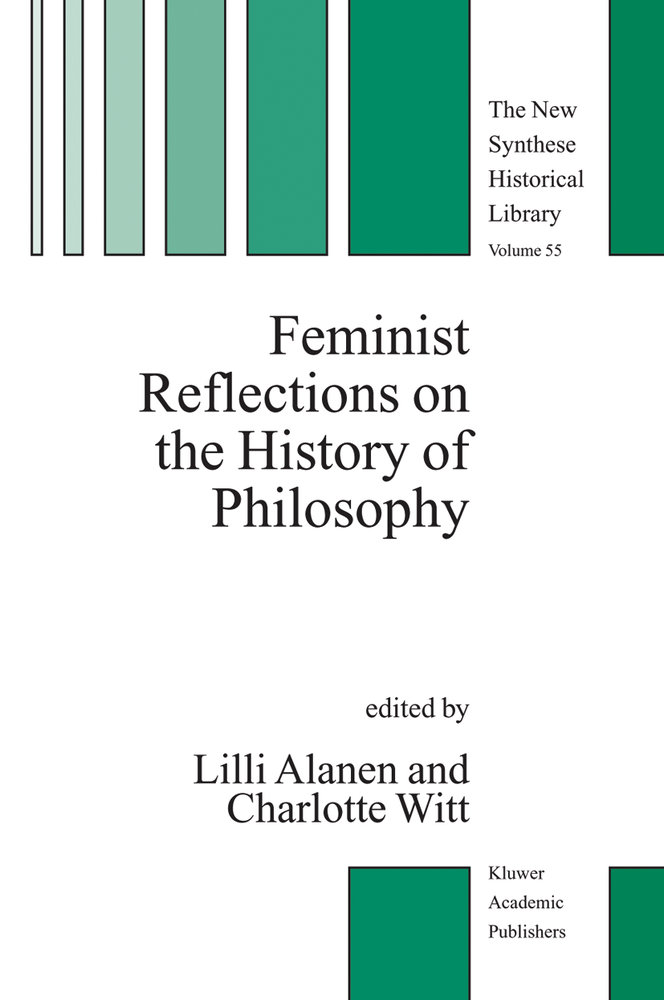Feminist work in the history of philosophy has come of age as an innovative field in the history of philosophy. This volume marks that accomplishment with original essays by leading feminist scholars who ask basic questions: What is distinctive of feminist work in the history of philosophy? Is there a method that is distinctive of feminist historical work? How can women philosophers be meaningfully included in the history of the discipline? Who counts as a philosopher? This collection is a unique collaboration among philosophers from North America and the Nordic Countries, including papers written from both analytic and continental philosophical perspectives and discussing both ancient and modern philosophers. Feminist Reflections on the History of Philosophy will be of interest to historians of philosophy, feminist theorists, women's studies faculty and students, and humanists interested in canon formation and transformation.



